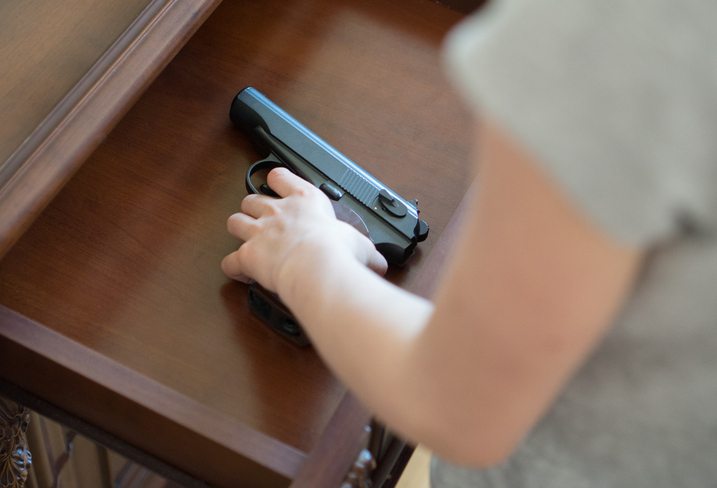Many people feel uncomfortable discussing suicide with their loved ones. The idea of someone you care about taking their own life is distressing. Many people often avoid the topic, out of fear that they could give someone the idea to kill themselves or that they won’t know how to respond if a friend or family member confides that they have considered suicide. At Carolina Dunes Behavioral Health near Wilmington, North Carolina, we offer treatment for suicidal thoughts and want to give you the tools to recognize if someone in your life might be struggling with suicidal ideation and know how you can help them.
Warning Signs for Suicidal Thoughts
It’s a common myth that suicidal thoughts only occur in people with depression. While depression and other mood disorders can increase the risk of suicidal ideation, many individuals who attempt suicide have never been diagnosed with a mood disorder or any mental health condition. That’s why it’s crucial to recognize the broader signs that someone might be struggling:
- Expressing difficult emotions, even through “jokes”
- Feelings of hopelessness, helplessness, or worthlessness
- Experiencing isolation or loneliness
- Expressing anger, resentment, or thoughts of revenge
- Feeling like they have no purpose or direction in life
- Reluctance or inability to seek help due to stigma, geographic barriers, financial challenges, lack of insurance, or fear that they are not being taken seriously
Behavioral and Situational Signs:
- Impulsive, reckless, or aggressive behaviors
- Exposure to suicide through friends, family, colleagues, or media
- History of suicide attempts
- Recent life challenges, such as the death of a loved one, job loss or financial difficulties, ending a significant relationship, or declining health or a new diagnosis
- Withdrawal from family, friends, colleagues, or classmates
- Access to lethal means, such as firearms and ammunition, prescription or over-the-counter medications, sharp objects, or ropes or other tools
Talking About Suicide
We aren’t taught how to talk about suicide and many of us are scared of the answer we might get. Even so, the best way to assess your loved one for the red flags listed above is to talk to them directly. You can talk about what you have observed and ask them questions such as the following:
- I know you have been going through a lot. Losing a job/going through a divorce/getting a serious medical diagnosis is difficult and I am worried about you. Are you ok?
- You have made some jokes about killing yourself and I am concerned that you could be thinking about ending your life. Are you planning to kill yourself?
- Have you planned for how you would end your life?
- Do you have access to the items you would use to kill yourself?
- Are you willing to make a plan with me, to stay safe?
Talking About Means
If a person has considered killing themselves, they might have considered how they would end their life. If so, it is a good idea to remove or reduce their access to whatever they intend to use to kill themselves. This is especially true if their plan involves a gun.
According to the CDC, firearms are the most lethal way that a person can attempt suicide. This means that it is easier for a person to change their mind or for medical personnel to save someone if they have tried to kill themselves any other way. It is much harder for a person to survive a suicide attempt with a gun. About half of all completed suicides involved a gun and most suicide attempts that involve a gun result in death.
If you determine that someone is suicidal, even if they don’t mention any plan to use a gun, it is still a good idea to reduce or eliminate their access to firearms until they are no longer suicidal. This is because suicidal people often act impulsively and because guns are so incredibly fatal.
Getting Help
If someone you know is struggling with suicidal thoughts, it is important to get them help right away. There are several ways to do this, depending on the urgency of the situation:
- Reach out to their therapist or prescriber: If they’re already receiving mental health care, contact their provider to see if an emergency appointment is available. This can be a good option if your loved one isn’t in immediate danger and someone can stay with them around the clock until the appointment.
- Call or text the National Suicide and Crisis Lifeline at 988: Available 24/7, trained crisis counselors can help assess the situation, provide local resources, and guide you and your loved one in finding the best course of action. If they don’t have a mental health provider or need more immediate support, the Lifeline may be able to direct you to walk-in mental health services in your area.
- Call 911 or go to the nearest emergency room: If your loved one is in immediate danger or unable to stay safe, don’t wait. Emergency services can provide the urgent care they need.
At Carolina Dunes Behavioral Health, we provide resources to our patients, to help them navigate suicidal thoughts and the difficult circumstances that can place them in danger of taking their own life. We also provide loved ones with the tools they need to support their friend or family member during a time of crisis.






